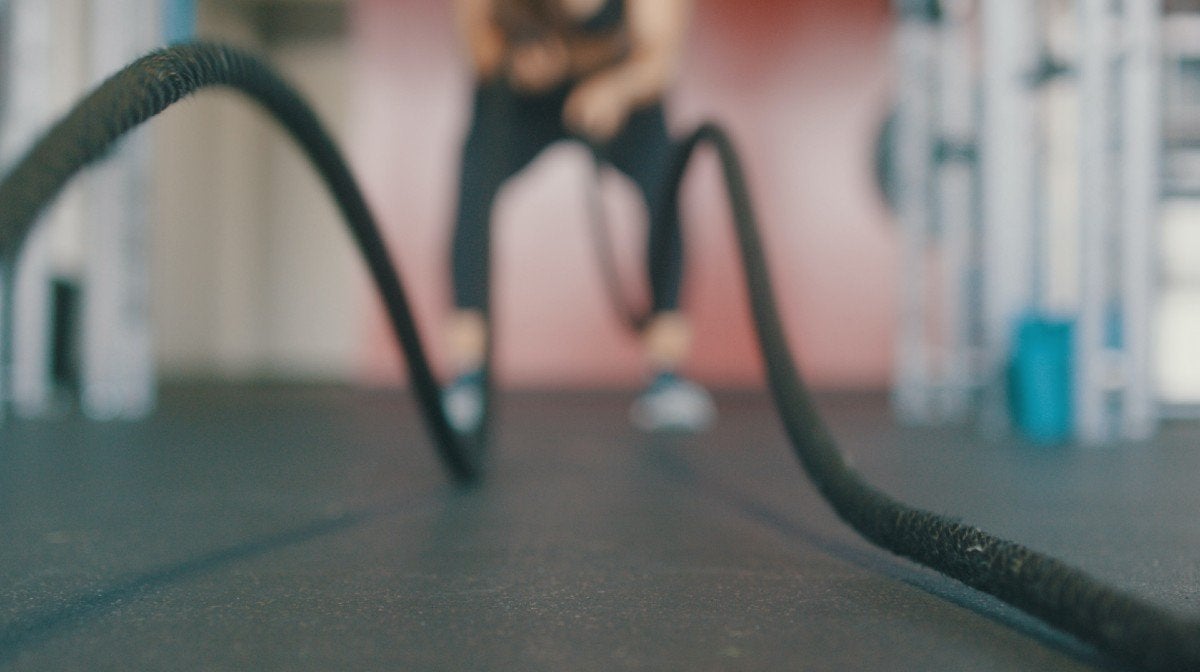
What Is Casein?
Casein is a long-lasting, slow digesting protein that’s jam-packed with all the amino acids needed by the body.
Caseins are phosphorus proteins and make-up approximately 80% of the protein in milk, with the remainder being whey protein.
Casein is the insoluble component of the milk, whereas whey protein is soluble. This is what causes casein to form a gel-like consistency in the stomach, hence making it slower to digest than whey protein.
Due to its slow digesting nature, it is not an ideal choice for post workout meals, instead, consider whey protein for this time and leave casein for night time meals and snacks, so that it can do it’s magic overnight.

Benefits of Casein
As discussed above, casein is a type of protein that is digested slowly by the body. There is a huge benefit to casein having a gradual release rate, and that is the slow and steady flow of protein that can last for hours. This makes casein a great supplement to take before bedtime when you will spend a lot of your time asleep and fasting.
1. Greater Satiety
Casein has been shown in research to promote satiety. All protein sources slow down the digestion process, keeping food in your stomach longer and signaling your brain that you are full - reducing hunger signals.
This is why high protein foods make you feel more full than pure carbohydrates.
In a study conducted in 2009, it was illustrated that participants that enjoyed some casein before bed had a higher metabolic rate through the night, and also had increased satiety levels by a third.
This may help you to avoid those annoying midnight-snack cravings.
2. Weight Loss
When you feel more satiated and less hungry, you’re less likely to overeat, and can create a greater calorie deficit. Consistent calorie deficits are the key for successful weight loss.
For this reason, casein is great for anyone who wants to both lose weight and maintain muscle mass. It can complement your immediate post-workout shake with casein later in the day.
Casein is also very diet friendly to those that are in a calorie deficit, and you can also make some delicious desserts with casein for the evening time if you don’t want to enjoy it in shake form before bed.
3. Great For Fat Loss And Strength
Research studies have discovered casein is beneficial for weight loss.
Back in 2000, it was highlighted that those police officers placed in an exercise and dietary program lost more body fat consuming casein in comparison to those consuming whey protein.
When trying to limit calories, adding a protein source like casein is key in protecting lean mass while losing weight.
Many studies support protein supplements to preserve lean body mass,2but casein is unique in its slow digestion - making it good for any time of day, especially at night when your body does the most recovery.
Another study showed that adding in casein at night, although it contributes calories, did not slow the fat burning process overnight.
Preserving muscle mass while losing weight means your strength won’t suffer - you can continue to work out and build muscle even if you’re cutting calories, thanks to the boost you’ll get from casein.
4. Muscle Growth
To achieve muscle growth, there needs to be a balance between muscle breakdown and protein synthesis. If you want to add some lean muscle mass to your physique, it is crucial to both increase muscle protein synthesis and reduce protein breakdown.
Casein is a muscle-sparing protein which means it will be released into the body’s bloodstream at a slow and steady speed. Although casein has a minimal effect on actual protein synthesis in the body, it does play a great role in reducing muscle breakdown.
Taking casein at the right time will help you to promote muscle growth.
5. Casein Rich Foods
If you want to include more casein-rich foods into your daily diet, dairy is a fantastic source.
Foods such as milk, cheese and yoghurt all boost a great punch of casein. Dairy also has added benefits such as being a fantastic source of calcium, which is necessary for healthy teeth and bones. It is also a great source of vitamin D and potassium.
Supplementing with casein is a great option, especially if you are struggling to meet your protein needs in your diet which can be difficult, especially if you are currently in a calorie deficit.
Casein Recipes
1. Casein Cookie Dough
1 scoop Slow Release Casein 15g Crunchy Peanut Butter - 20g Cacao Buttons
100ml milk

2. Casein Bedtime Shake
100g banana 1 scoop of Slow Release Casein. 350g yoghurt Ice cubes

Take Home Message
Not only is it a powerful protein powder, it can easily be used in recipes to make delicious treats that make you forget you’re cutting calories.
Want some more expert advice?
READ THESE NEXT:

Claire is a Registered Dietitian through the Academy of Nutrition and Dietetics and a board-certified Health and Wellness Coach through the International Consortium for Health and Wellness Coaching. She has a Bachelor of Science in Biology and a Master’s degree in Clinical Dietetics and Nutrition from the University of Pittsburgh.
Talking and writing about food and fitness is at the heart of Claire’s ethos as she loves to use her experience to help others meet their health and wellness goals.
Claire is also a certified indoor cycling instructor and loves the mental and physical boost she gets from regular runs and yoga classes. When she’s not keeping fit herself, she’s cheering on her hometown’s sports teams in Pittsburgh, or cooking for her family in the kitchen.
Find out more about Claire’s experience here.
- Demling, R. H., & DeSanti, L. (2000). Effect of a hypocaloric diet, increased protein intake and resistance training on lean mass gains and fat mass loss in overweight police officers. Annals of Nutrition and Metabolism, 44(1), 21-29.
- Hector, A. J., & Phillips, S. M. (2018). Protein recommendations for weight loss in elite athletes: A focus on body composition and performance. International journal of sport nutrition and exercise metabolism, 28(2), 170-177.
- Kinsey, A. W., Cappadona, S. R., Panton, L. B., Allman, B. R., Contreras, R. J., Hickner, R. C., & Ormsbee, M. J. (2016). The effect of casein protein prior to sleep on fat metabolism in obese men. Nutrients, 8(8), 452.







